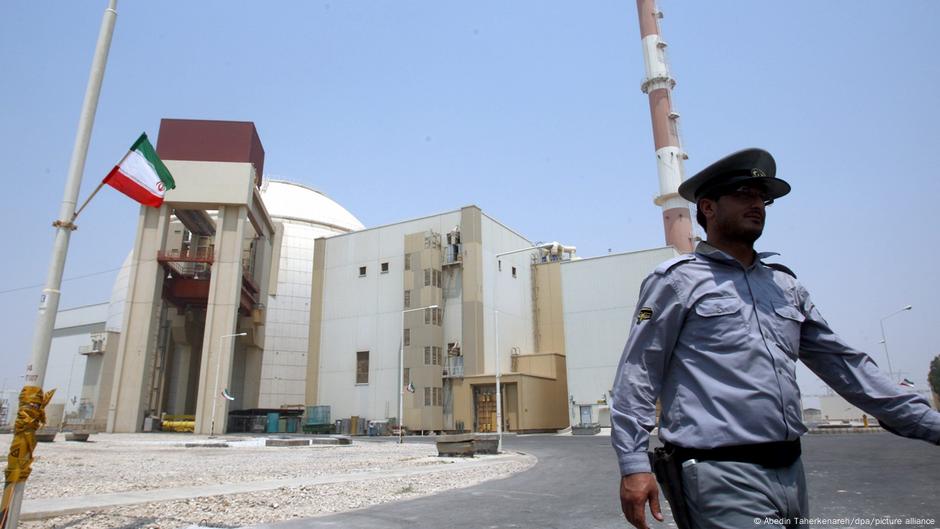
Iran says it’s no longer bound by nuclear deal limits – DW – 10/18/2025
Iran says it is no longer bound by restrictions on its nuclear program, as a landmark 2015 deal with world powers officially expired.
From now on, “all of the provisions (of the deal), including the restrictions on the Iranian nuclear program and the related mechanisms, are considered terminated,” Iran’s Foreign Ministry said in a statement.
The 2015 Joint Comprehensive Plan of Action (JCPOA), commonly known as the Iran nuclear deal, capped Iran’s nuclear activity, uranium stockpiles and research efforts in exchange for sanctions relief.
The agreement officially expired Saturday, 10 years after its adoption by the UN Security Council.
“Iran firmly expresses its commitment to diplomacy,” the Foreign Ministry said.
JCPOA in jeopardy for years
Over the years, Western powers accused Iran of obstructing UN inspections and enriching uranium close to weapons-grade levels.
President Donald Trump pulled the United States out of the agreement during his first term in 2018.
Since then, there have been stop-and-start talks between Iran and Western powers to revive the deal, but negotiations have stalled.
Iran suspended its cooperation with the International Atomic Energy Agency (IAEA) after the United States and Israel bombed Iran’s nuclear facilities in June.
In August, Britain, France and Germany jointly notified the UN Security Council that Iran was in significant violation of the nuclear deal, triggering the reinstatement of suspended international sanctions.
The three European powers announced last week they would resume discussions aimed at finding a “comprehensive, durable and verifiable agreement.”
However, Iranian Foreign Minister Abbas Araghchi said Tehran does “not see any reason to negotiate” with the Europeans, given they triggered the snapback mechanism to automatically reimpose sanctions.
Edited by: Saim Dušan Inayatullah
First Appeared on
Source link






